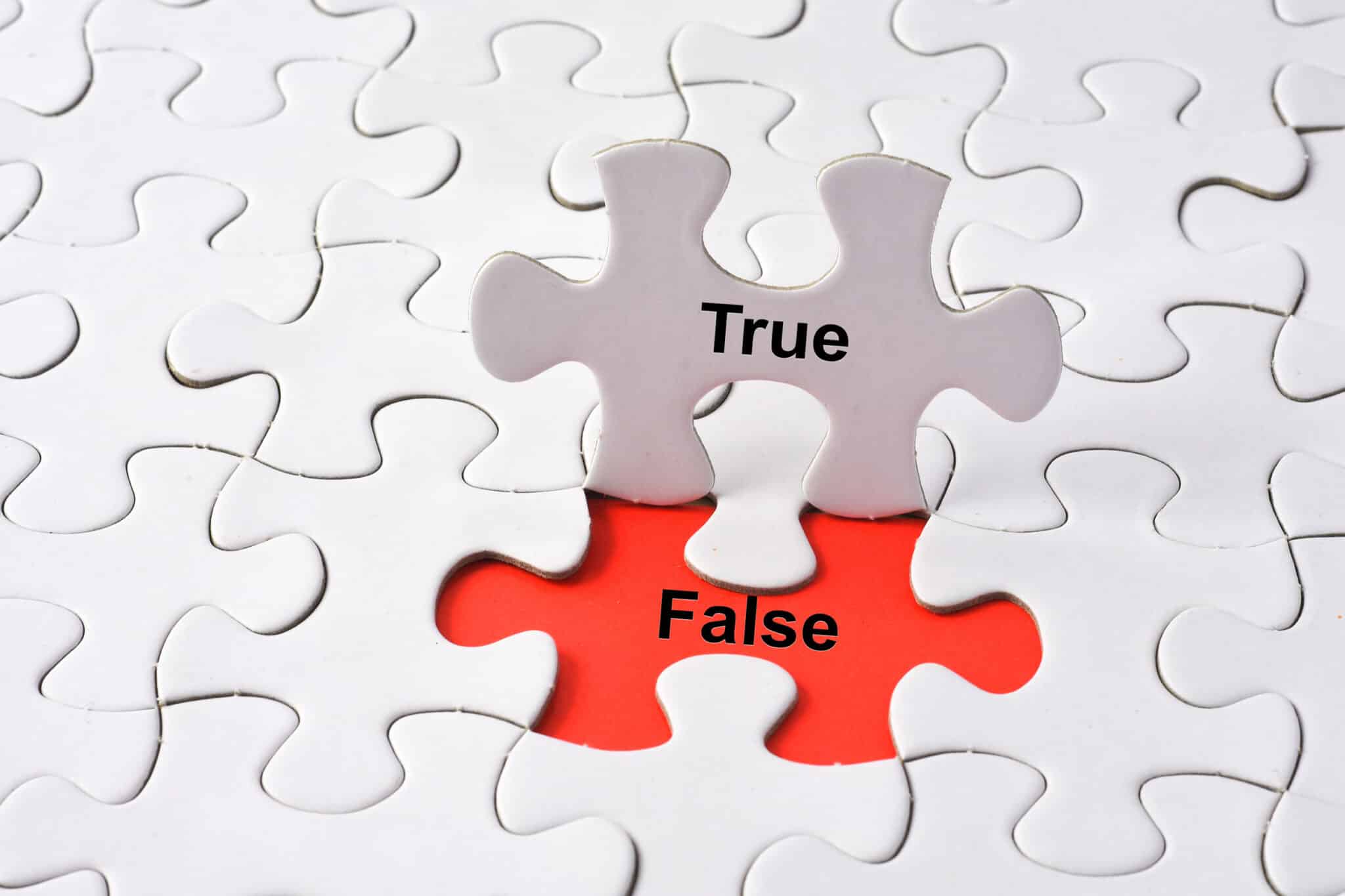What is Cyberstalking?
Much of our communication happens online today, but the lines between acceptable interaction and criminal behavior can blur. Accusations of cyberstalking often stem from these gray areas, where intent and context are misunderstood. Unfortunately, even unintentional actions can lead to serious legal trouble, affecting your reputation and freedom.
Facing such charges may feel isolating, but you don’t have to face them alone. With the help of our Chicago, IL criminal defense attorney, who understands Illinois cyberstalking laws, you can take control of your case. Contact the Law Offices of Andrew Weisberg to explore your legal options.
What Constitutes Cyberstalking?
Cyberstalking refers to the use of technology—such as the internet, social media, or other electronic communication methods—to harass, intimidate, or threaten someone repeatedly. Unlike a one-off incident, cyberstalking involves persistent behavior that makes the victim feel unsafe or fearful. Examples include:
- Persistent Unwanted Communication: Sending hundreds of messages, emails, or social media comments despite being asked to stop.
- Online Threats: Posting or sending messages that suggest harm or violence against the victim.
- Spreading Private Information: Sharing someone’s personal details, such as their address or phone number, to intimidate or embarrass them.
- Impersonation: Creating fake profiles to pose as the victim or manipulate others into harming them.
- Tracking Tools: Using GPS devices or apps to monitor someone’s location without their consent.
Cyberstalking doesn’t just happen in the shadows. It can involve very public forms of harassment, such as spreading false rumors about someone online, posting private information to harm their reputation, or creating fake profiles to impersonate the victim. The intent behind these actions often determines whether they are deemed criminal under the law.
Laws Governing Cyberstalking in Illinois
In Illinois, cyberstalking is addressed under 720 ILCS 5/12-7.5 of the Illinois Compiled Statutes. The law specifies that a person commits cyberstalking when they, knowingly and without lawful justification, on at least two separate occasions, harass another person through electronic communication.
Cyberstalking is classified as a Class 4 felony in Illinois, punishable by 1 to 3 years in prison and fines. Subsequent convictions elevate the offense to a Class 3 felony, with penalties ranging from 2 to 5 years in prison and increased fines.
Defending Against Cyberstalking Charges
Challenging Intent to Harass
One of the key elements of cyberstalking is proving intent. Prosecutors must demonstrate that the accused knowingly engaged in harassment. A defense attorney can argue that there was no intention to intimidate or harass the alleged victim. For example, the communication may have been misunderstood or taken out of context.
Questioning the Evidence
The prosecution relies heavily on digital evidence, such as emails, texts, or social media messages. However, this evidence may be incomplete, tampered with, or lack proper authentication. A criminal defense attorney can challenge the credibility of the evidence and question whether it meets the legal threshold for harassment.

Addressing False Accusations
Sometimes, cyberstalking charges arise from misunderstandings or deliberate false accusations. If the allegations stem from a personal dispute, a defense lawyer can present evidence showing that the claims are exaggerated or fabricated.
Arguing Lack of Repetition
For an act to be considered cyberstalking under Illinois law, it must involve repeated behavior. If the alleged actions occurred only once or lack sufficient frequency, the case may not meet the criteria for cyberstalking.
Your Defense Starts Here with Chicago, IL Criminal Defense Attorney
Cyberstalking allegations can quickly spiral into life-altering consequences. That’s why you need Andrew Weisberg, a respected Chicago, IL criminal defense attorney, in your corner. His background as a former prosecutor gives him a deep understanding of how cases are built and how to dismantle them effectively.
The Law Offices of Andrew Weisberg takes a hands-on approach, reviewing every detail of your case and crafting a defense tailored to your circumstances. Call (773) 908-9811 or fill out our simple contact form.







 Blog Home
Blog Home 










